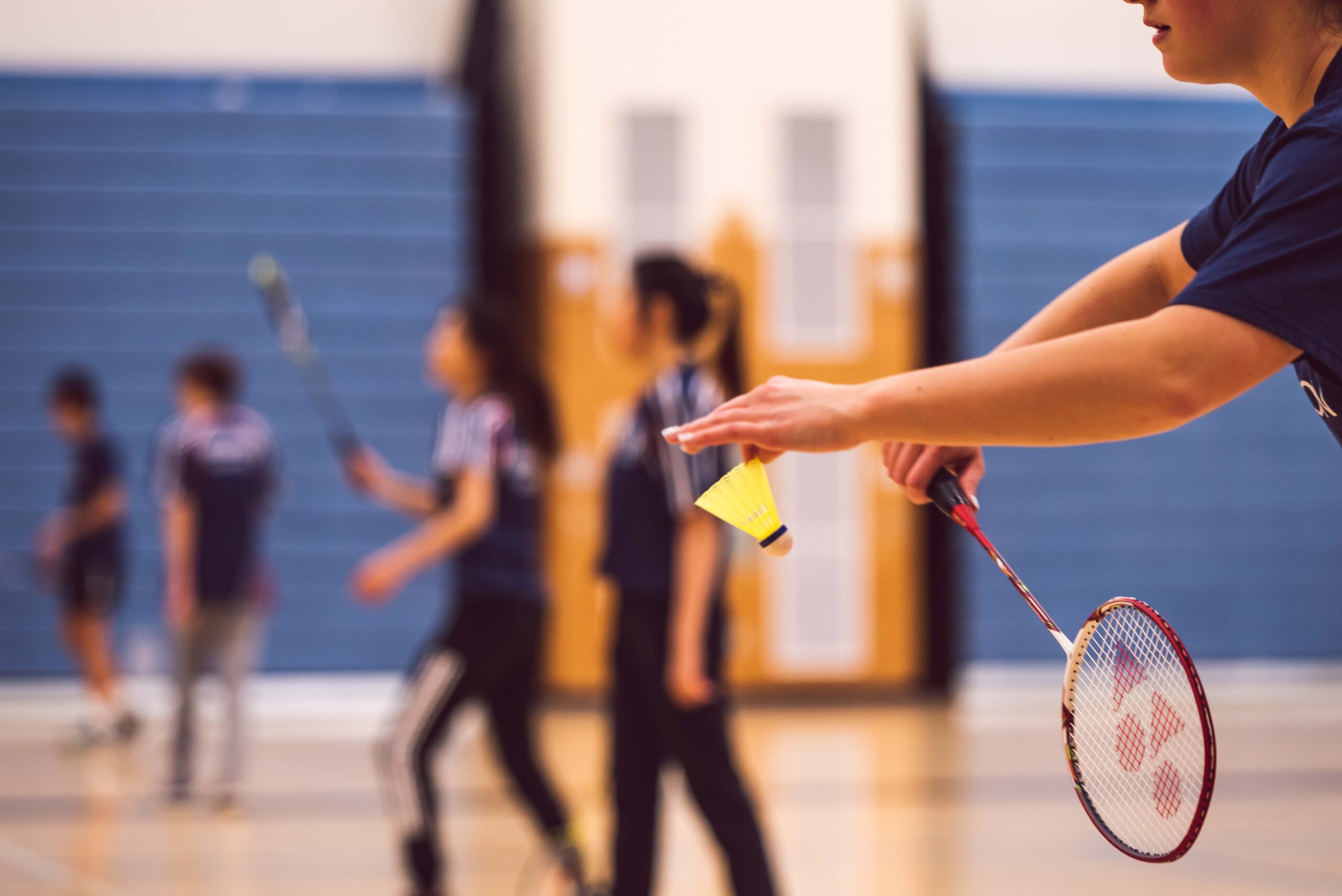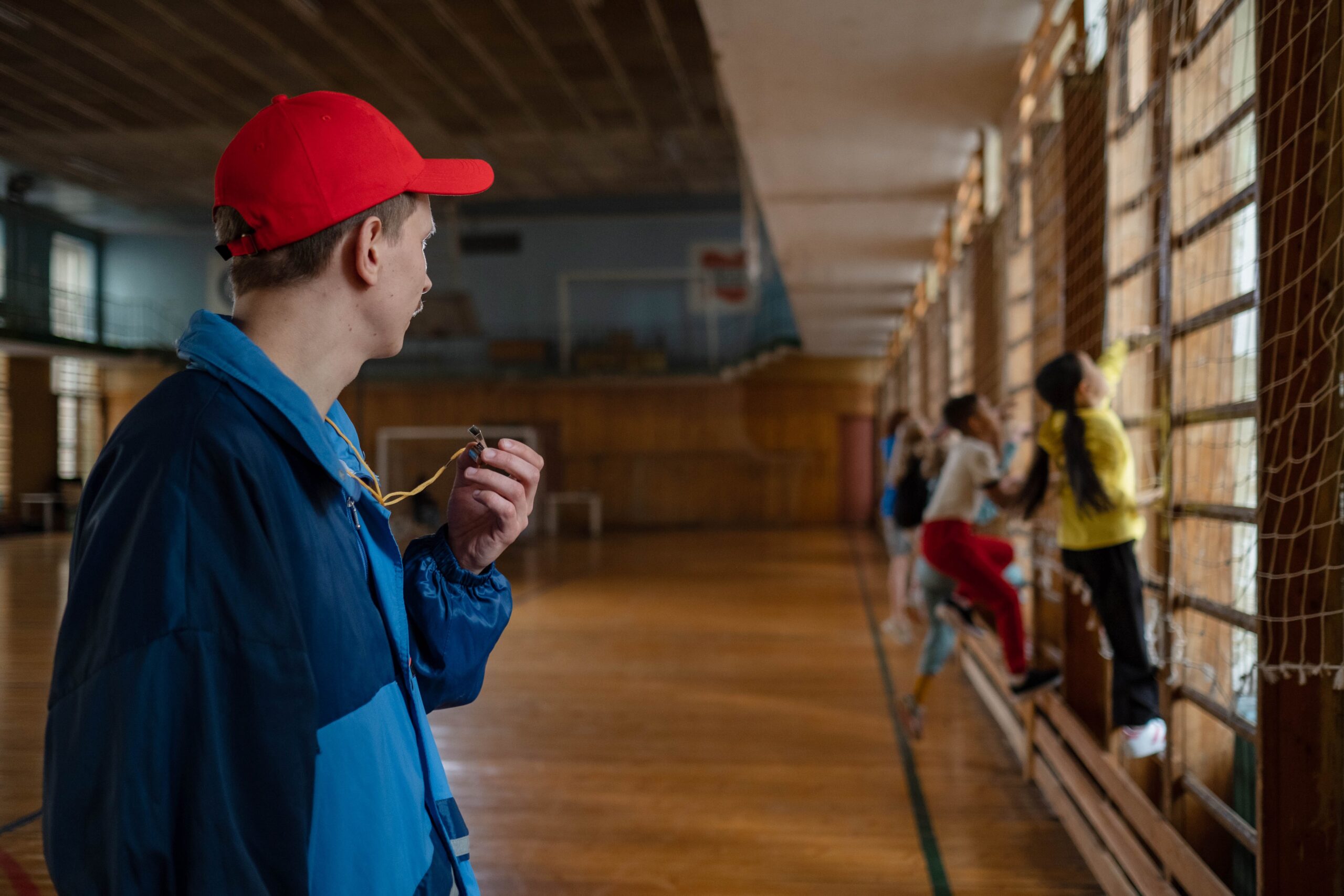The Benefits of Having a Sports Club in Nursery Education
Introducing sports clubs in nursery settings is becoming increasingly popular, and for good reason. While traditional academic subjects like literacy and numeracy are crucial, physical activity and sports offer unique benefits that are just as important for young children’s development. Early childhood is a critical period where foundational skills, habits, and preferences are formed. Incorporating a sports club into nursery education can have a lasting positive impact on children’s physical, social, emotional, and cognitive development. Below, we explore these benefits in detail.
1. Promotes Physical Health and Development
One of the most obvious benefits of having a sports club in a nursery is the promotion of physical health. Regular physical activity helps children develop strong bones, muscles, and joints. It also enhances motor skills such as coordination, balance, and agility. In the long term, these early physical activities can reduce the risk of obesity and associated health problems, such as diabetes and heart disease. A sports club provides structured opportunities for children to engage in various physical activities, ensuring they get the exercise they need to grow healthy and strong.
2. Encourages Healthy Lifestyle Habits
Introducing children to sports at an early age helps inculcate healthy lifestyle habits. When physical activity becomes a routine part of their day, children are more likely to maintain these habits as they grow older. A sports club encourages not just physical activity but also teaches children about the importance of healthy eating, hydration, and rest. These habits, once established early on, can contribute to lifelong health and well-being.
3. Enhances Social Skills and Teamwork
Sports clubs are an excellent way for young children to develop social skills. Participating in team sports or group activities requires children to interact with their peers, follow instructions, take turns, and work together toward a common goal. These interactions help children learn important social skills such as communication, cooperation, empathy, and respect for others. Furthermore, team-based activities in a sports club foster a sense of belonging and community, which is crucial for a child’s social and emotional development.
4. Boosts Self-Confidence and Self-Esteem
Engaging in sports and physical activities can significantly boost a child’s self-confidence and self-esteem. As children learn new skills and improve their abilities, they gain a sense of accomplishment. The encouragement and positive reinforcement they receive from coaches and peers in a sports club setting further enhance their confidence. Over time, children learn to set goals, overcome challenges, and take pride in their achievements, all of which contribute to a positive self-image.
5. Develops Discipline and Focus
Participating in a sports club helps children develop discipline and focus. Sports require children to follow rules, listen to instructions, and practice regularly to improve their skills. This discipline translates into other areas of their lives, such as academics and personal relationships. Additionally, the focus required during sports activities can improve children’s attention spans and concentration, which are vital skills for their overall learning and development.
6. Improves Cognitive Function
Physical activity has been shown to have a positive impact on cognitive function. Engaging in sports stimulates brain development and improves memory, attention, and problem-solving skills. The physical movement involved in sports increases blood flow to the brain, enhancing neural connections that are essential for learning and cognitive development. Sports also encourage children to think strategically, make quick decisions, and adapt to changing situations, all of which contribute to their cognitive growth.
7. Reduces Stress and Promotes Emotional Well-being
Even at a young age, children can experience stress and anxiety. A sports club provides a healthy outlet for children to release pent-up energy and emotions. Physical activity triggers the release of endorphins, the body’s natural mood lifters, which can help reduce stress and anxiety. Additionally, participating in sports can give children a sense of structure and routine, which is comforting and helps them feel secure. This contributes to their overall emotional well-being.
8. Fosters Creativity and Imagination
Sports clubs in nursery settings often incorporate a variety of games and activities that encourage creativity and imagination. For example, activities like dance, gymnastics, or creative movement allow children to express themselves freely and explore different ways of moving their bodies. This creative exploration is essential for developing problem-solving skills, innovation, and a sense of curiosity, all of which are valuable in both academic and non-academic contexts.
9. Encourages a Love for Sports and Physical Activity
By introducing sports in nursery, educators can help children develop a love for physical activity at an early age. When children find joy in being active, they are more likely to continue participating in sports and physical activities as they grow older. This love for sports can lead to a lifelong commitment to physical health and well-being, as well as the pursuit of personal goals and achievements in sports.
10. Enhances Early Learning Experiences
Finally, a sports club in a nursery setting can enhance early learning experiences by providing a holistic approach to education. It complements traditional classroom learning by engaging children in hands-on, experiential activities that stimulate all aspects of their development. The skills and lessons learned in a sports club often reinforce academic concepts, such as counting, colors, and spatial awareness, making learning more comprehensive and integrated.
Conclusion
Incorporating a sports club into nursery education offers a wide range of benefits that support the holistic development of young children. From promoting physical health and encouraging healthy habits to enhancing social skills, boosting self-confidence, and improving cognitive function, the advantages are substantial. By fostering a positive attitude towards sports and physical activity early on, nurseries can set the foundation for a healthy, active, and fulfilling life for the children they serve. Investing in a sports club within nursery education is not just about playing games—it’s about nurturing the whole child, preparing them for the challenges and opportunities of life, and setting them on a path to long-term well-being and success.









